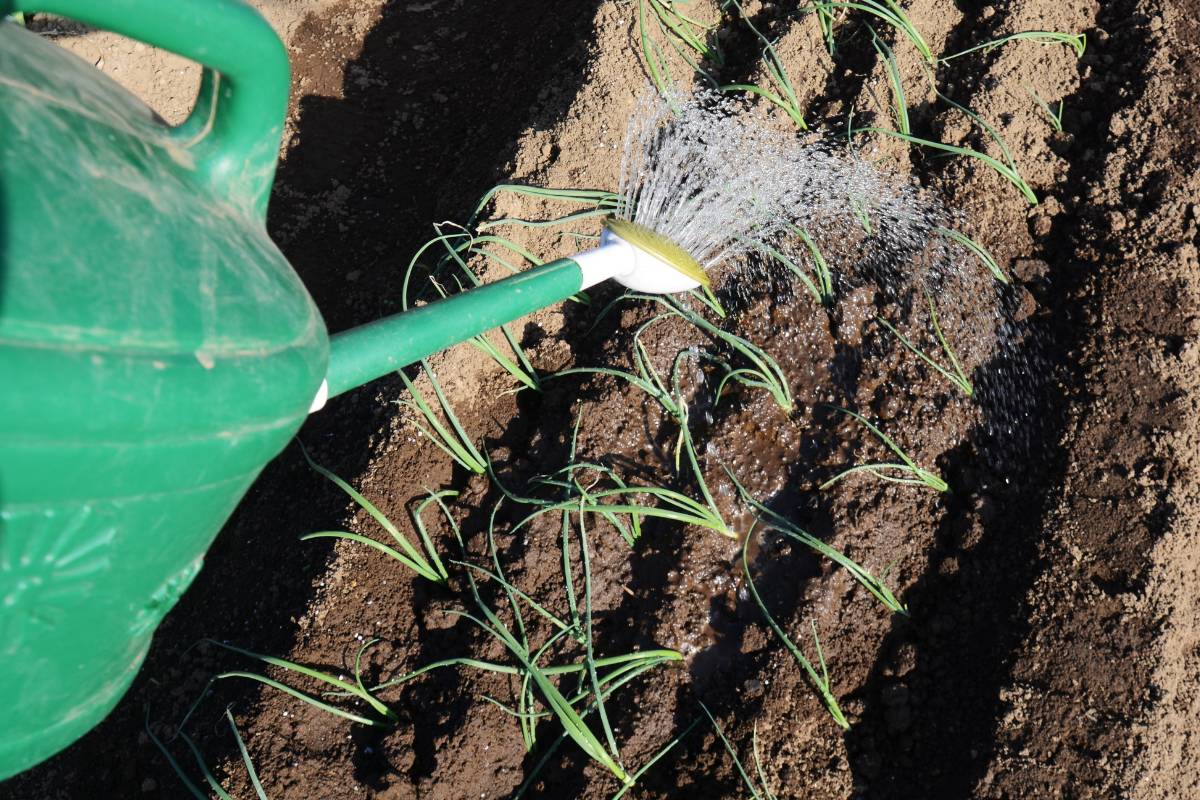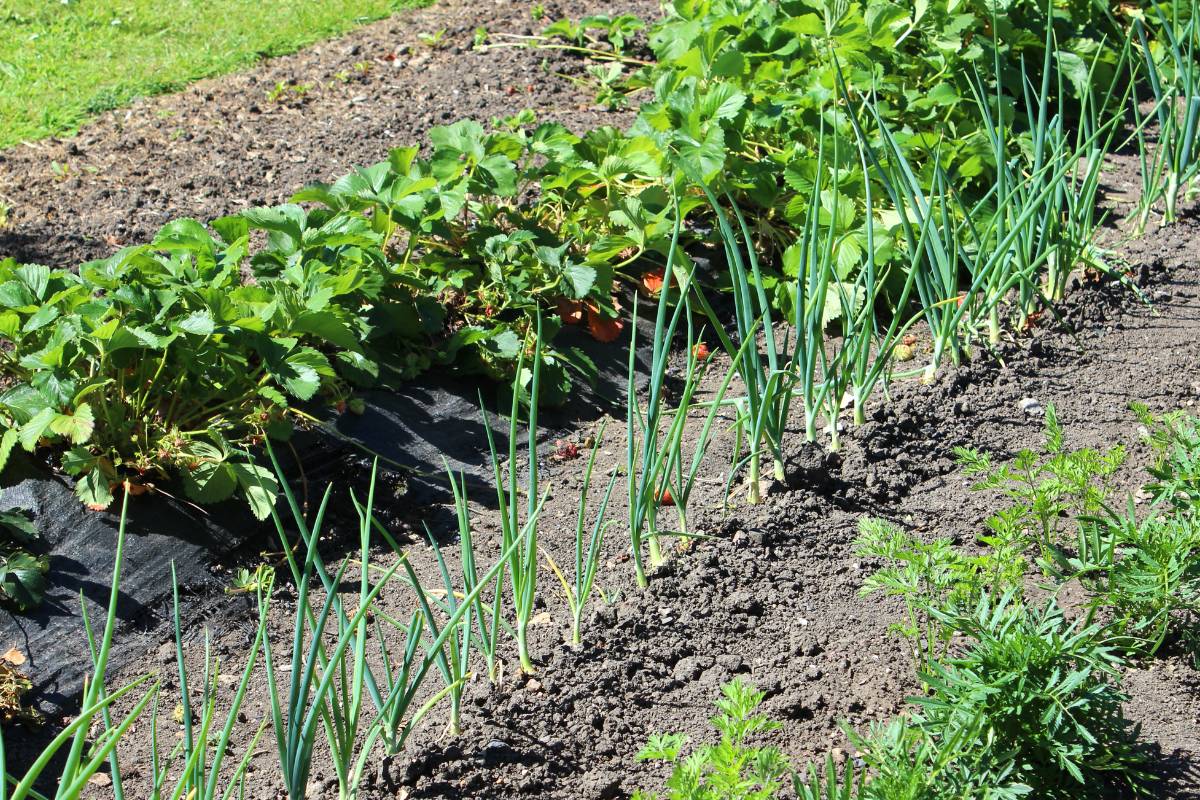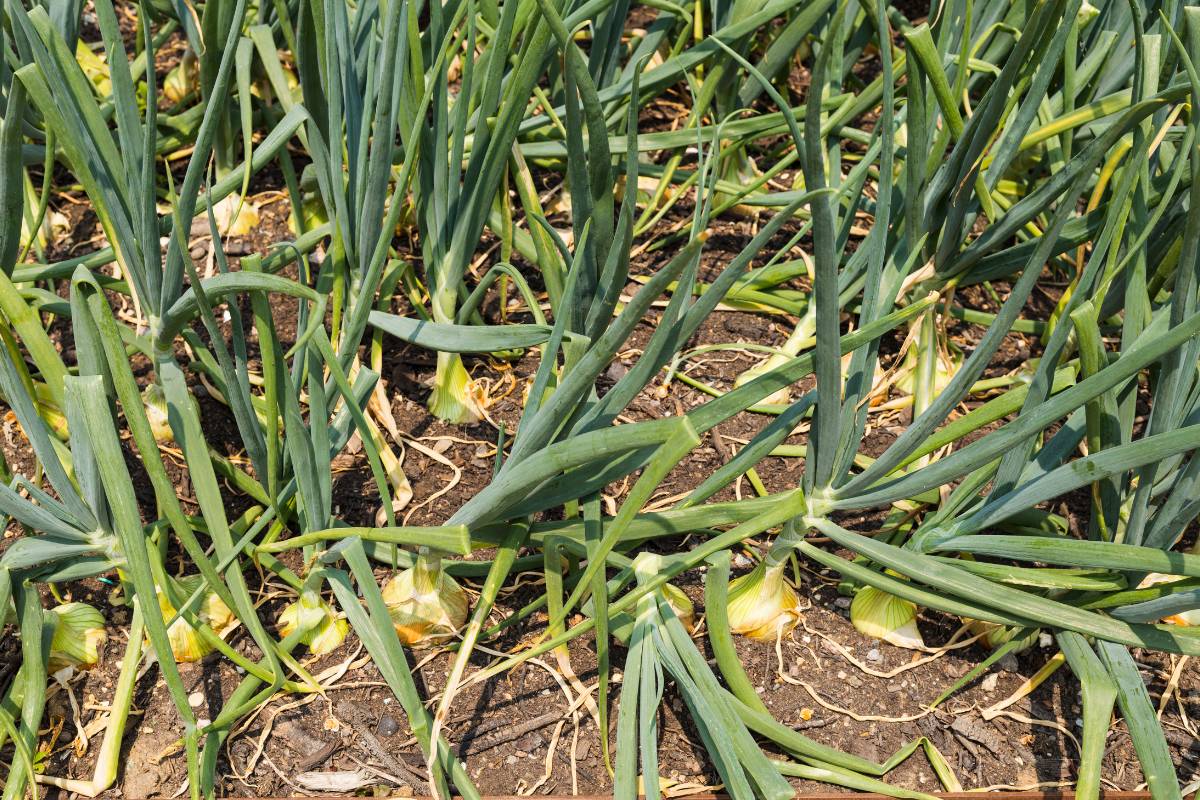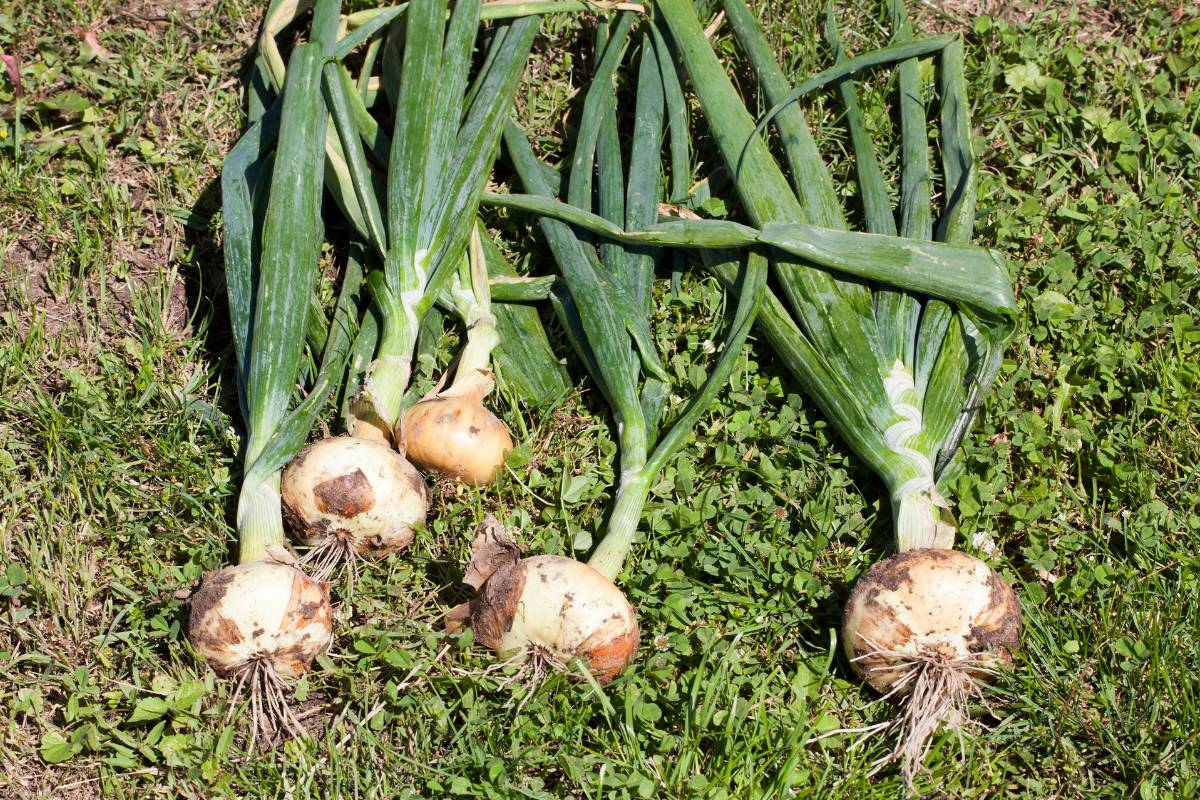Onions are a staple ingredient in many cuisines, adding flavor and depth to dishes. While they are generally easy to grow, sometimes gardeners encounter issues with onion plants not forming bulbs. This can be frustrating, as bulb formation happens after time and effort has already been spent caring for plants during a long growing season. Here are some tips for growing large bulbs every harvest.
1. Plant the Right Variety
One common reason why onions may not form bulbs is if the wrong variety is grown. Make sure to sow a bulb onion, not a bunching onion. In addition, different varieties of onions are more suited to cool or warm climates.
In subtropical and warm temperate climates, such as Brisbane and Sydney, it is best to grow short-day onions that need 10 to 12 hours of daylight to form bulbs. Examples of short-day onion varieties include Gladalan Brown and Yellow Spanish. In colder climates such as Melbourne, it is best to grow intermediate-day varieties such as Pukekohe Long Keeper, that will form bulbs once days reach 12 to 14 hours of daylight.
2. Sow at the Right Time
Another factor that can impact whether onions form bulbs is the timing of planting. For onions to form bulbs, they first need time to grow healthy leaves. The nutrients in the leaves help to support bulb growth. Therefore, sow seed in autumn or winter so plants have enough time to grow good root systems and mature leaves before the bulb formation period begins.
3. Don't Transplant Too Late
Onions can be sown directly in the garden or raised as seedlings and then transplanted. If you are growing seedlings, don't let them get too large before transplanting them. Transplant the seedlings when they are no larger than the width of a pencil to avoid setting back their growth.
4. Give Plants Space
It is important to give your onion plants enough space to grow and access the nutrients they need. If they are planted too close together they will not have enough room to form large bulbs. Onions are a relatively hungry crop, so spacing plants at the recommended distance means that each plant can access adequate nutrients to fuel growth. Similarly, reduce competition from other plants by weeding regularly.
5. Provide Nutrients at the Right Time
While we may think of onion plants as less demanding than other crops, it’s still important to provide adequate nutrients, especially in the early stages of growth. Use a nitrogen-rich fertiliser early in the season to encourage strong leaf growth. Once the days lengthen in spring and the bulbs start forming there should be adequate nutrients stored in the plant’s leaves, so no added fertiliser should be needed. Too much nitrogen at this stage can lead to leaf growth at the expense of large bulbs.
6. Water Consistently
Regular watering is essential to prevent stress and bolting in warm weather. Consistency is the key, so water only when the soil is dry about 5cm below the surface when you scratch it with your fingers.
7. Prevent Bolting
Bolting occurs when the plant shifts all of its energy into flower and seed production earlier than usual. Bolting will stop bulb development. While it’s sometimes outside your control it’s a good idea to take action to try to prevent it occuring. Sow in the cool of winter so plants avoid extreme heat, mulch in spring to moderate soil temperature, and water regularly in summer. If your plants do bolt, you can still harvest the bulbs, but they will not store as well.
8. Avoid Damaging Bulbs or Leaves
Finally, it is important to avoid damaging your onion plants, as this can impact bulb formation. Don't cover developing bulbs with soil as this can lead to stem rot. In addition, do not prune the leaves or bend them over, as plants need the nutrients in the leaves to sustain growth while bulbs are forming.
There are many factors that can impact whether or not onions form bulbs. By planting the right variety, and paying attention to timing, space, nutrition and water, you can increase your chances of successfully growing onions with large, flavorful bulbs. With a little attention and care, you'll soon be enjoying a bountiful onion harvest.









